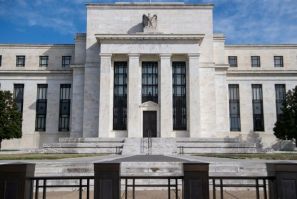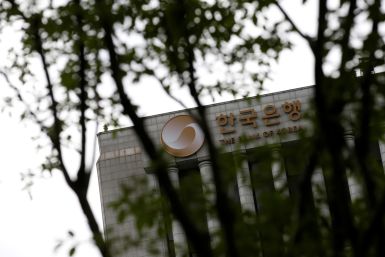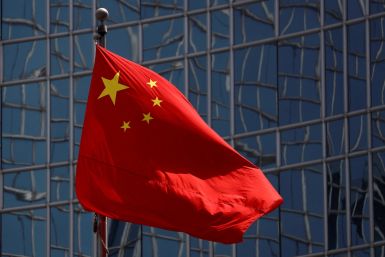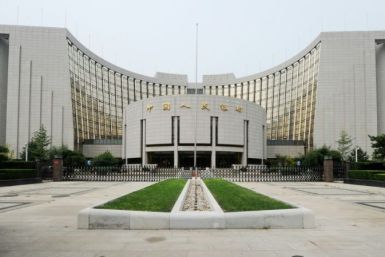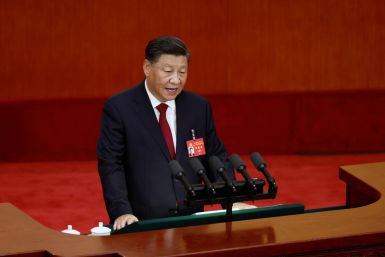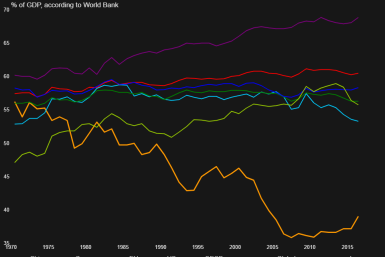Two Long Island restaurant owners share their tips for beating inflationary pressure.
Wall Street has bucked the trend of bad news even as the economy starts to slow
U.S. mortgage rates reached the 7% threshold last week, a high not seen since 2002.
The Brotherhood of Railroad Signalmen has rejected a tentative labor deal, raising concerns about whether a rail strike could ensue before the upcoming holiday season.
South Korea's economy has seen slow growth due to rising interest rates and lower exports in the third quarter.
Is it time for traders and investors to go bargain hunting or wait on the sidelines for the worst yet to come?
China has delayed the release of GDP and trade data ahead of President Xi Jinping's expected third-term confirmation.
Gas prices have fallen across the US by as much as 30 cents per gallon. Biden Oil Deal and increased supply a contributing factor.
After soaring through much of 2022, rent dipped in September. Here are the 10 cities that saw the biggest drops.
Pakistan appealed to the International Monetary Fund to have its debt rescheduled last week.
The IRS on Tuesday announced new tax rate changes that would save many Americans money in 2023 filing.
Mortgage demand fell to a 25-year low last week, as unrelenting inflation and high interest rates cool demand.
The plan is intended to add enough supply to prevent oil price spikes that could hurt consumers and businesses, while also assuring the nation's drillers the government will swoop into the market as a buyer if prices plunge too low.
Faced with the challenge of unrelenting inflation, the Federal Reserve may raise interest rates again in November.
To have a work-life balance, a well-paying job with low stress is essential. From mathematician to manager, there are options to earn over $100,000 per year.
To catch up with the U.S., China needs much more than a dose of incentives and foreign technology.
Kroger and Albertsons to merge for $24.6B, making it the largest supermarket chain in the United States in a bid to compete against Amazon, Walmart
Singapore tightened monetary policy as expected for the fourth time this year to combat inflation running near a 14-year high, and left the door open for further policy action as it warned of risks to the growth and price outlook.
Japan's solo battle against an overvalued U.S. dollar may feel a little lonelier after it met G7 finance chiefs in Washington this week - and possible yearend market ructions may see its allies regret that.
The European Central Bank is considering entering the maelstrom of volatile world markets to start winding down its massive bond holdings - just as governments scale up spending to respond to an energy crisis likely to induce a recession.
Indian consumers are lapping up everything from cars, houses and television sets to travel and jewellery in the festive season that began last month
Oil prices reversed earlier losses and inched up in Asian trade on Friday, supported by a weaker U.S.
American businessman Brody Shores' furniture business in China grew on a model that leaned heavily on the promise of an enduring property boom and homebuyers desperate for fully furnished new apartments.
Chad's creditors on Thursday said they had agreed that the African country did not need debt relief at the moment given a surge in oil prices, but committed to reconvene if a financing gap was identified.
Japan's currency intervention last month to stop a sharp slide in the yen was likely a "signaling action" to smooth volatility, though the impact of such moves tend to be short-lived, a senior International Monetary Fund official said on Thursday.
International Monetary Fund Managing Director Kristalina Georgieva on Thursday rebuked Britain over its planned tax cuts, telling its finance minister and central bank chief that their policies should not be contradictory.
Inflation in the U.S. has persisted, as the latest CPI data Thursday showed bleak numbers.
A Bank of England fix to ease pension schemes' cash crunch by getting banks to assume the role of rescue lender is being shunned by some of the biggest banks, who say the returns on offer do not reward the risks involved, sources said.
British government bond prices rose strongly on Thursday after reports that Prime Minister Liz Truss's government was considering a U-turn on some of the measures in its late-September "mini-budget" that triggered a historic gilts slump.
Neither side is backing down in a battle of wills over oil between Saudi Arabia's Crown Prince and U.S.



